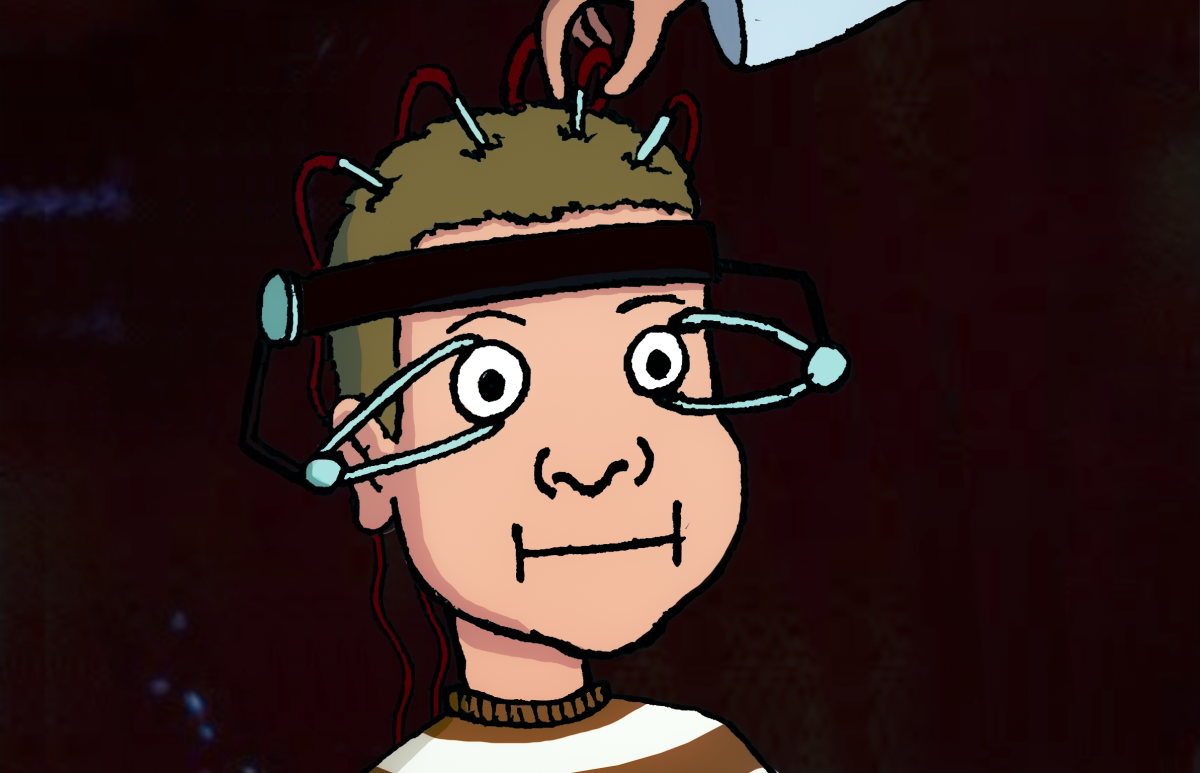There seems to be something wrong with the way many people think about works of art.
Too often people expect a film, book or song to advance their own particular sociopolitical agenda. And if it doesn’t advance theirs, they think it must be advancing someone else’s.
The most obvious example of this is the recent wave of social conservative parents complaining about the presence of gay characters or queer themes in their children’s educational materials. But less regressive people also hold similar views on media.
Consider Indigenous actress Devery Jacobs’ response to Martin Scorsese’s recent film, “Killers of the Flower Moon.” She wrote on X (Twitter) that the film was “painful, grueling, unrelenting and unnecessarily graphic.”
She says the film “further dehumanizes” and “normalizes the violence” against Indigenous women with its portrayal of the murders at the center of its plot.
She doesn’t allege that Scorsese was attempting to do this, acknowledging that the “goal of this violence is to add to brutal shock value that forces people to understand the real horrors” against the Osage. But she does imply that this fundamental distinction between the artist and the individual pieces of content within his art loses its importance in the face of the potential reactions of the audience.
She laments that “film nerds are celebrating and eating this shit up.” This is a gross generalization.
Are there some film buffs who blindly stare at the technical skill behind the film’s cinematography, acting, set design and visual effects while ignoring the actual thematic point of it all? Absolutely.
Are there some aggressive bigots who for some reason decided to see a film about Native Americans and will walk away from it viewing Leonardo DiCaprio and Robert De Niro as persecuted heroes? Sure.
Are there some folks who view all movies as mere entertainment and consider the plight of the Osage to be a mindless story? Presumably.
But these people are not every viewer of the film. Any rational, moral human being who sits down and watches “Killers of the Flower Moon” will feel varying degrees of disgust, sorrow, anger and surprise. White audience members may even feel guilt.
These responses are valid. They need to be explored and experienced. And a film which triggers them ought to be made.
This, however, is where Jacobs finds her greatest issue with the film.
She attributes many of her complaints to non-Native directors like Scorsese, who she believes “center white perspectives and focus on Native people’s pain.” The film gives “way more courtesy and depth” to white characters, leaving the Osage “painfully underwritten” and “helpless victims.”
This is understandable. As Jacobs mentions in her post, there should be a big-budget film by an Osage filmmaker that explores the content from their unique perspective.
There should be popular works of art that focus on their “pride for being Native, [their] languages, cultures, joy and love.” Indigenous people are more than just their “grief, trauma and atrocities” and their pain is not “limited to the film’s three hours and 26 minutes.”
But that doesn’t mean that Scorsese’s film is invalidated or worthless, because it focuses heavily on white characters. The existence of “Killers of the Flower Moon” doesn’t stop those other stories from being told. The fault for that lies at the feet of the film industry and popular sentiment.
A single film can’t and shouldn’t be expected to fully explore a subject and offer the one true narrative and conclusion on it.
There are no heroes and villains in the real world, not in history and not in the modern day. There are only those who are led to do bad actions and those who are led to do good actions.
If society hopes to encourage the latter, then media needs to be allowed to explore why terrible atrocities occur from the perspectives of those who commit them and those they are committed against.
It’s both possible and imperative for artists to explore as many different themes in as many different situations from as many different perspectives as possible.
They need not endorse every or even any aspect of the content of their work, but they must be allowed to do that work. We can’t progress if we don’t explore the how and why of the bad and the good of the past and the present.
So please stop expecting works of art to be your personal political propaganda. We’d all be better off for it.
Matthew Pellittieri is a 19-year-old history and political science sophomore from Ponchatoula.





